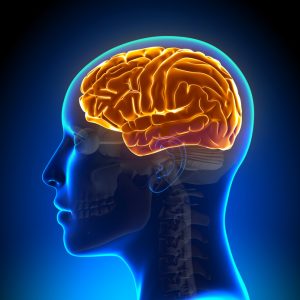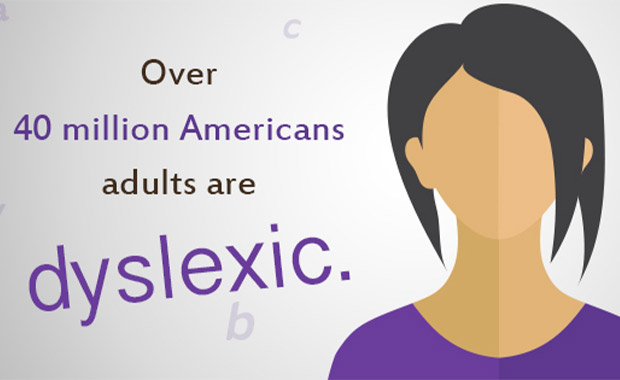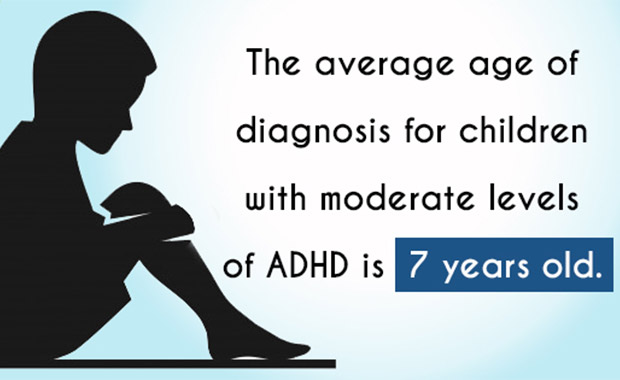 While modern science has revealed many secrets of the human body, the brain largely remains a mystery. In fact, the human brain may just be the most complex object in the known universe, and we have barely scratched the surface of understanding how our brains work. That being said, modern neuroscience has come a long way in a short period of time, and there are exciting new treatments for patients suffering from cognitive disorders and illnesses. Neuropsychological evaluations can be a great first step for identifying underlying issues affecting cognition.
While modern science has revealed many secrets of the human body, the brain largely remains a mystery. In fact, the human brain may just be the most complex object in the known universe, and we have barely scratched the surface of understanding how our brains work. That being said, modern neuroscience has come a long way in a short period of time, and there are exciting new treatments for patients suffering from cognitive disorders and illnesses. Neuropsychological evaluations can be a great first step for identifying underlying issues affecting cognition.
In these tests, a variety of essential skills and brain functions are put to the test. Here are some of the main categories involved in neuropsych evaluations:
- Intelligence — Testing intelligence is actually much more complex than it seems, and there are many mutually exclusive ways of defining intelligence in the first place. While more traditional intelligence tests may reveal more about a patient’s educational background than their brain function, other types of testing reveal more general analysis and problem solving skills. In a clinical setting, patients undergoing a neuropsych evaluation may have recently had a stroke or some other medical crisis, which further complicates intelligence testing.
- Memory — Memory testing is extremely broad and covers five distinct types: semantic memory, episodic memory, working memory (short-term), priming memory, and procedural memory. Short- and long-term memory loss is associated with many types of cognitive dysfunction, and simple memory tests are often a standard part of neuropsychological evaluations.
- Language — Language testing includes evaluating speech, as well as reading and writing skills — all of which can be selectively impaired. After a stroke, the brain’s language center may be damaged, and so language testing is essential.
- Executive Function — Executive functions is an umbrella term for many cognitive processes, including: organizational attributes, selective attention, inhibitory control, short-term memory aspects, problem solving, and planning.
- Visuospatial — These tests cover the areas involved with visual perception, visual integration, and overall visual construction. These tests are designed to identify issues within the parietal lobe through evaluations such as clock tests and Visual Organization Tasks (VOT).
Essentially, these tests identity your ability to think, learn, remember, and understand, as well as your memory, motor skills, perception, verbal capabilities, problem-solving, and decision-making skills.
A physician may consider a neuropsych evaluation if they believe you may be suffering from a cognitive disease such as Alzheimer’s, a serious brain injury, or other emotional disorders like depression and anxiety.
Additionally, if you suspect that your child has attention deficient hyperactivity disorder (ADHD), these tests can be great for ADHD testing. It’s estimated that 6.4 American children between the ages of four and 17 have been diagnosed with ADHD.
If you’re in need of dyslexia testing, ADHD testing, or any other type of neuropsychological testing, it’s best to contact a professional neuropsychologist.
Has your doctor recommended scheduling a neuropsychological evaluation in NYC? Then contact the Center For Cognitive Assessment today and start taking better care of your brain!


